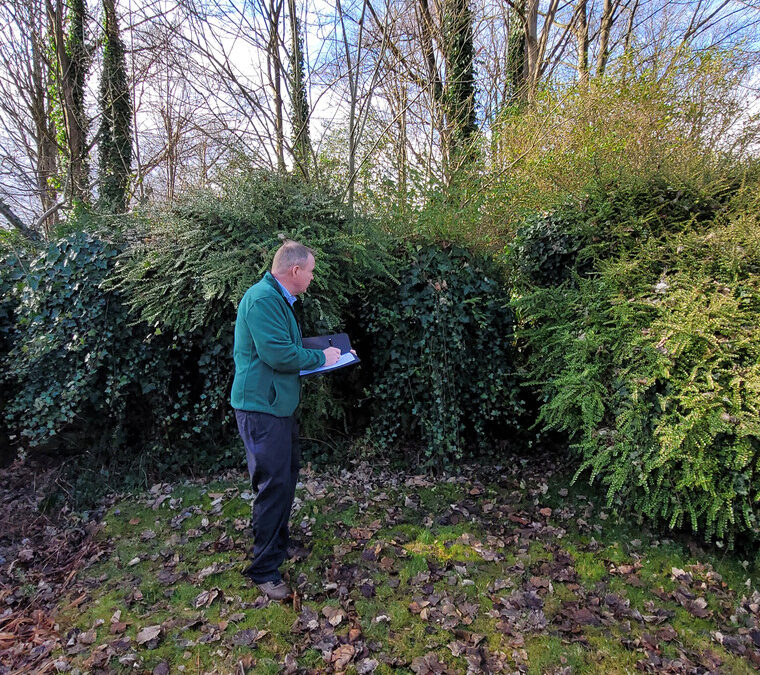Japanese knotweed is a highly invasive plant that can cause significant damage to your property in 2024
Choosing the right contractor for Japanese knotweed removal is crucial to ensure that the plant is safely and effectively eradicated. In this article, we will discuss how to choose the right contractor for Japanese knotweed removal.
Japanese knotweed is an invasive plant species that are difficult to control and can cause extensive property damage.
It can grow up to 3 meters in height and spread rapidly through its extensive root system, which can penetrate walls, foundations, and drainage systems, causing significant structural damage. If you suspect that your property is infested with Japanese knotweed, it is essential to choose the right contractor for removal to prevent further damage to your property.
- Understanding Japanese Knotweed
- The Importance of Hiring a Professional Japanese Knotweed Removal Contractor
- Factors to Consider When Choosing a Japanese Knotweed Removal Contractor
- Questions to Ask a Japanese Knotweed Removal Contractor
- Japanese Knotweed Removal Techniques
- Conclusion
Understanding Japanese Knotweed:
Japanese knotweed is an invasive plant species that are native to Asia. It was first introduced to the UK in the 19th century and has since spread rapidly throughout the country. Japanese knotweed can grow in a variety of environments and is particularly well-suited to disturbed and urban areas. It can grow up to 3 meters in height and spread rapidly through its extensive root system.
The Importance of Hiring a Professional Japanese Knotweed Removal Contractor:
Japanese knotweed is a difficult plant to control, and attempting to remove it yourself can be both dangerous and ineffective. It is essential to hire a professional contractor who has experience and expertise in Japanese knotweed removal. A professional contractor will be able to assess the extent of the infestation and develop an appropriate removal strategy that will ensure that the plant is safely and effectively eradicated.
Factors to Consider When Choosing a Japanese Knotweed Removal Contractor:
When choosing a Japanese knotweed removal contractor, there are several factors that you should consider. These include:
- Experience and Expertise: Ensure that the contractor you choose has experience and expertise in Japanese knotweed removal.
- Licensing and Insurance: Make sure that the contractor is licensed and insured to carry out the work.
- Methods and Equipment: Find out what methods and equipment the contractor uses for removal and make sure they are safe and effective.
- References and Reviews: Check the contractor’s references and reviews from previous clients to ensure their reliability and quality of work.
- Guarantees: Ensure that the contractor provides guarantees on their work and offers follow-up treatment if required.
Questions to Ask a Japanese Knotweed Removal Contractor:
To ensure that you are choosing the right contractor for Japanese knotweed removal, ask the following questions:
- What experience do you have in Japanese knotweed removal?
- Are you licensed and insured to carry out the work?
- What methods and equipment do you use for removal?
- Can you provide references and reviews from previous clients?
- Do you offer guarantees on your work and follow-up treatment if required?
- Is the work fully supervised all the time by a PCA accredited surveyor
Japanese Knotweed Removal Techniques:
There are several techniques for Japanese knotweed removal, including chemical treatment, excavation and removal, and physical control methods. The most appropriate technique will depend on the extent of the infestation, the location of the plant, and the intended use of the site after removal.
Japanese knotweed is a highly invasive plant that can cause significant damage to your property.
Choosing the right contractor for Japanese knotweed removal is crucial to ensure that the plant is safely and effectively eradicated. When choosing a contractor, consider their experience, licensing and insurance, methods and equipment, references and reviews,
